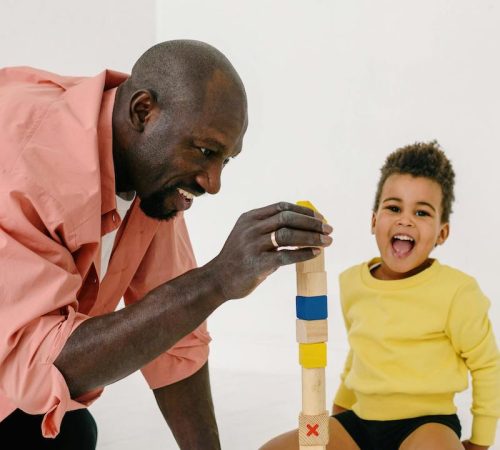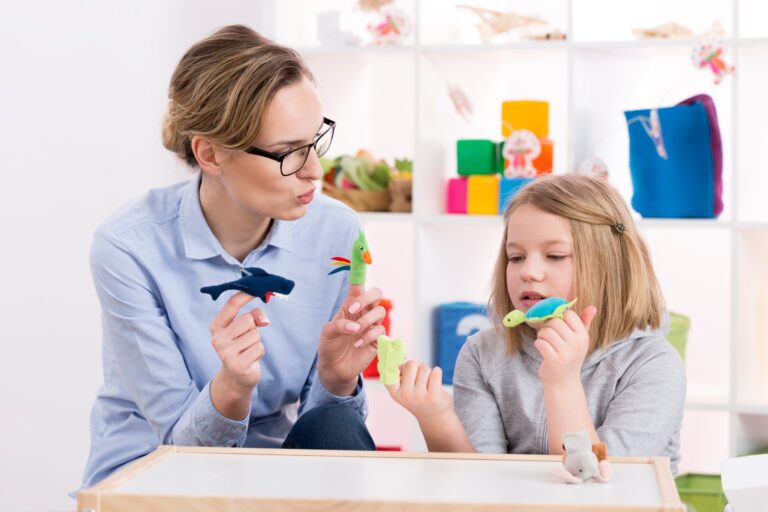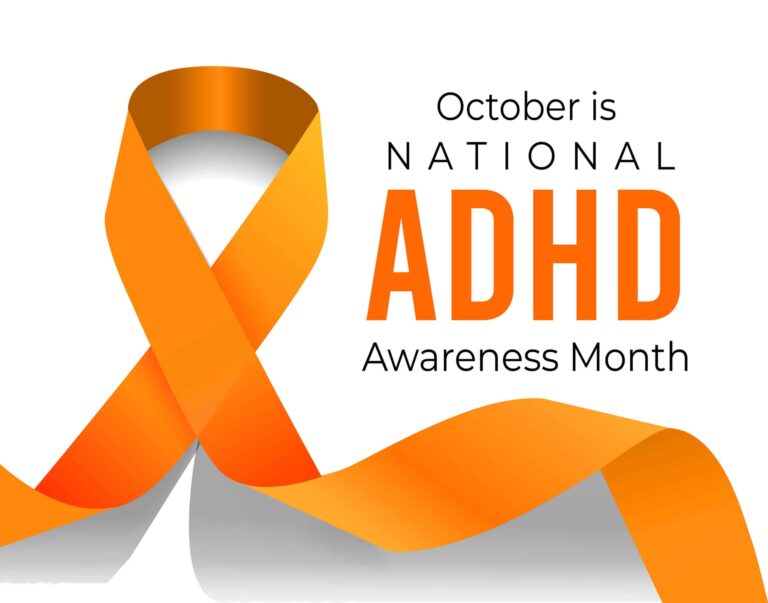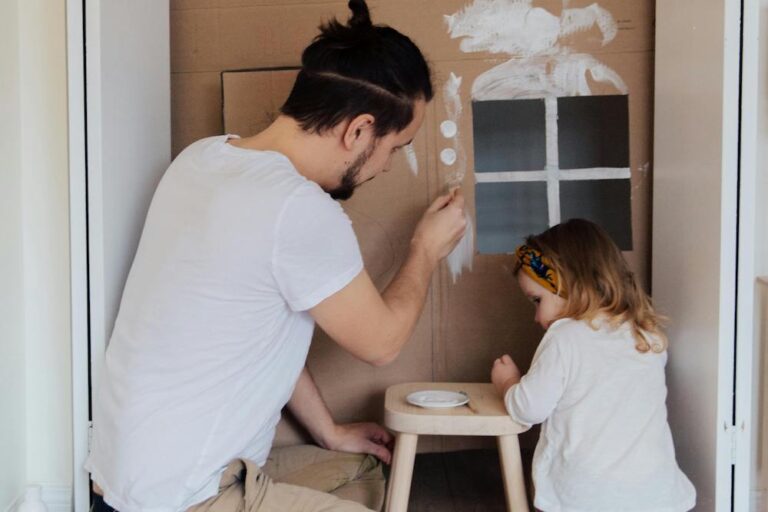Play Therapy
Helping Little Hearts with Big Feelings
Play Therapy
Helping Little Hearts with Big Feelings

What Is Play Therapy?
Most people don’t view play in a serious context. They think of play as a matter of fun, not of confidence-building, trauma healing, and personal fulfillment. Yet the truth is that play—when used as a therapeutic tool, under the guidance of a trained professional—can bring about meaningful transformation in the lives of children.
Play therapy is a gentle, child-friendly approach to counseling where kids use play to communicate their feelings. Because play is the natural language of children, therapists use toys, games, art, and storytelling to help kids express and process difficult emotions or experiences. Play therapists are trained and equipped to facilitate change through play, skillfully and intentionally choosing certain activities and materials that help spark new insights and inspire creative solutions.
As renowned play therapist and director of the Center for Play Therapy Garry Landreth says, “Toys are children’s words and play is their language.” Since children have a hard time verbally expressing their challenges, play helps them communicate what ordinary language can’t. It allows them to express grief, frustration, anxiety, and happiness, which is why play therapy has grown into such a robust and widely-researched approach to counseling.
How Effective Is Play Therapy?
The evidence is clear: play therapy helps children safely express, explore, and resolve emotional and behavioral challenges. A 2005 meta-analysis of 93 play therapy outcome studies found that play therapy significantly improves children’s emotional and behavioral outcomes (1). Other studies conducted since then have revealed that play therapy significantly reduces trauma symptoms in children (2), enhances their social-emotional competencies, and reduces disruptive behaviors (3).
At Early Connections Child & Family Counseling, we use play therapy to assist kids from ages three to twelve (and beyond) who are dealing with a number of emotional, behavioral, and developmental issues, including anxiety, depression, OCD, trauma, autism, ADHD, anger issues, and grief and loss.
As a practice, it is amazing to see this process in action with kids, especially when parents are engaged, since the benefits often have a direct impact on the parent-child relationship.

How Does Play Therapy Work?
Since every child is different, we always tailor therapy to suit the needs and interests of each child. Typical play therapy sessions are 50 minutes long and happen once a week, with regular parent sessions taking place in the meantime. Below are four basic components of play therapy:
- Getting Comfortable
During the initial stages of play therapy, the playroom will be carefully set up with toys, art supplies, sand trays, puppets, dolls, and games designed for emotional expression. Your child’s therapist will work on building trust with them and helping them feel safe and comfortable in this new space. - Play and Expression
Instead of talking directly about problems (which can be hard for young children), kids naturally act out their feelings and experiences through play. For example, your child might use toys to act out scenes from their day-to-day life or express fears that they aren’t able to articulate verbally. - Guiding Toward Understanding and Healing
Your child’s therapist will guide their play in a way that allows them to discover new solutions, learn new behaviors, and gain confidence and emotional balance. For instance, if your child is using puppets to play out a conflict that happened on the playground, their therapist might help them explore new ways to respond within the puppet story that they can then later try the next time a real-life conflict arises. - Supporting Parents and Caregivers
Your child’s play therapist will regularly meet with you to offer guidance, insights, and suggestions for supporting their progress at home. They may teach you simple, effective play techniques for building stronger relationships and improving communication with their child.
How Can Play Therapy Practically Benefit Your Child’s Life?
One of the great things about play therapy is the way it expands children’s emotional vocabulary and allows them to see situations in a new light. For example, if a child has very strict and rigid rules for their play, the therapist might help them understand how their desire for control influences how they play. As time goes on, the therapist may teach them to release this need for control and try new ways of interacting and expressing themselves. This can help the child shift their perspective and change their behavior.
By the end of the play therapy process, children typically experience:
Better Emotional Regulation
(fewer tantrums or meltdowns)
Improved behavior and communication skills
Greater Confidence and self-esteem
Improved Social Skills and Relationships
Deeper Empathy For Others and Acceptance of themselves
Most importantly, play therapy often strengthens the parent-child relationship. It gives parents new ways to help their children work through issues at home, and it gives kids new ways to communicate with their parents so that they can avoid tantrums or meltdowns.
What Kind Of Training Is Required For Play Therapy?
Becoming a Registered Play Therapist (RPT) is a highly specialized process. It requires three to five years of additional education, training, and supervised play therapy experience. The RPT credential must be earned through the Association for Play Therapy (APT) and all trainings are taught by APT-approved providers.
We have multiple RPTs on our staff, and our practice owner and clinical director, Lauren Brown, is a Registered Play Therapist-Supervisor (RPT-S) who has been utilizing play therapy since 2009. As for the rest of our child therapists, all of them are either Registered Play Therapists or are in the midst of receiving the training and supervision necessary to be one.
Set Your Child Up For Success With Play Therapy
Play therapy is so much more than just playing with toys and games—it’s a chance for your child to learn valuable social skills, boost their confidence, and arrive at creative solutions to life’s challenges. If you’re interested in connecting with one of our registered play therapists, you can fill out our contact form or use our scheduling page to book a free consultation.
- Bratton, Ray, Rhine, & Jones (2005)
- Lin & Bratton (2015)
- Ray, Armstrong, Balkin, & Jayne (2015)





